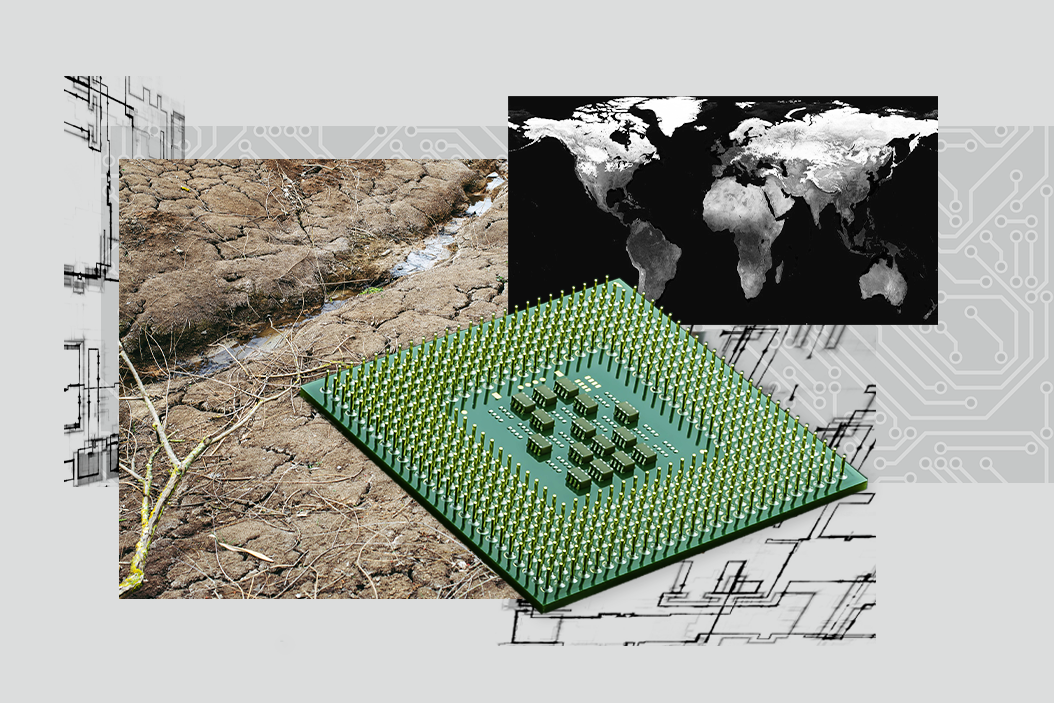Gabriella Turrisi
35: Remember last year's big semiconductor shortage? It's over. High inflation, China's zero-COVID policy, and Russia's war in Ukraine have slashed global demand for chips, with the benchmark Philadelphia Semiconductor Index dropping 35% in 2022.
60: The Democratic Republic of Congo will expand its main border post with Zambia to ease congestion. Trucks loaded with precious minerals like copper are often stuck in lines up to 60 km (37.3 miles) long.
